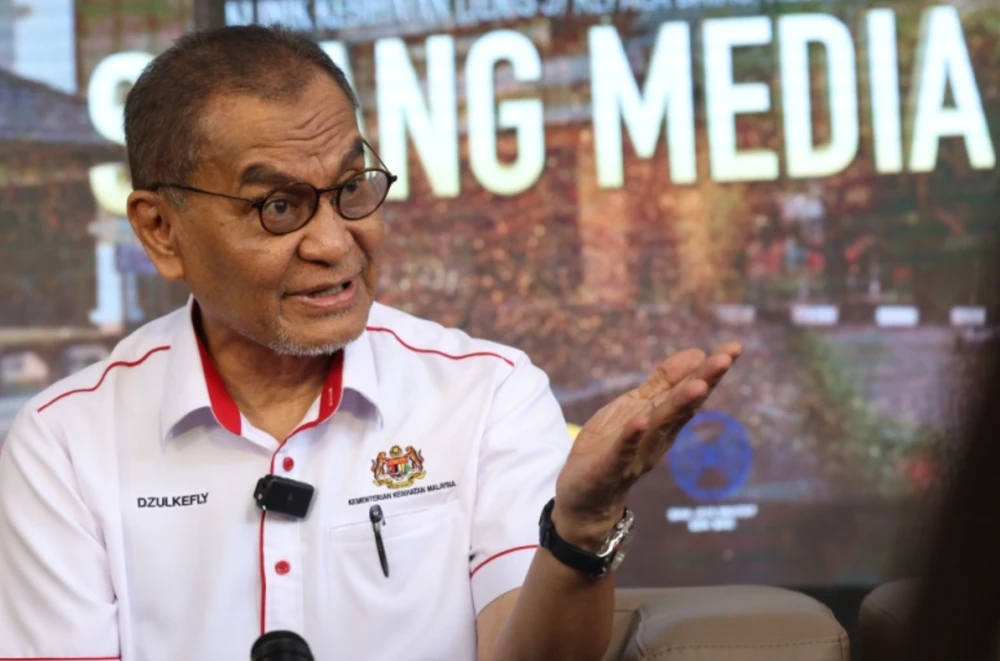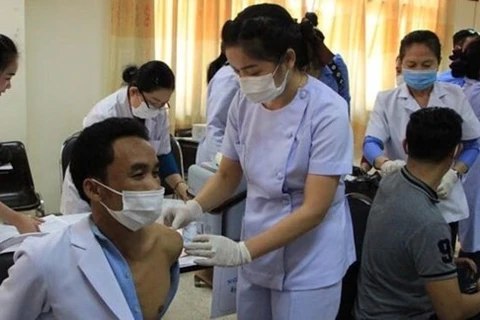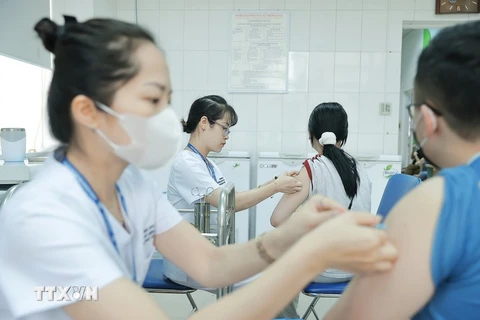
Kuala Lumpur (VNA) – The Malaysian government is committed to offering continued care for individuals who may have encountered side effects from COVID-19 vaccines, including those administered with AstraZeneca, Health Minister Datuk Seri Dzulkefly Ahmad said on May 10.
At a press conference on the day, he affirmed that the government will be also responsible for vaccine recipients from other pharmaceutical companies, if they encounter adverse reactions.
The government has data on adverse events following immunisation (AEFI) caused by COVID-19 vaccines and has methods to treat side effects, he said, adding medical services will be provided for anyone with evidence-based concerns related to the AstraZeneca vaccine as the company has recalled their vaccine.
Anglo-Swedish drugmaker AstraZeneca withdrew its COVID-19 vaccine worldwide after admitting in court documents that the vaccine causes side effects such as blood clots and low blood platelet counts, but such cases are very rare.
Dzulkefly said the withdrawal of the vaccine would not affect other vaccination programmes including the National Immunisation Programme (NIP).
He said while some individuals may be sensitive to certain vaccines, the NIP had been carried out for a long time and had effectively bolstered childhood immunisation and prevented the spread of serious diseases./.






















